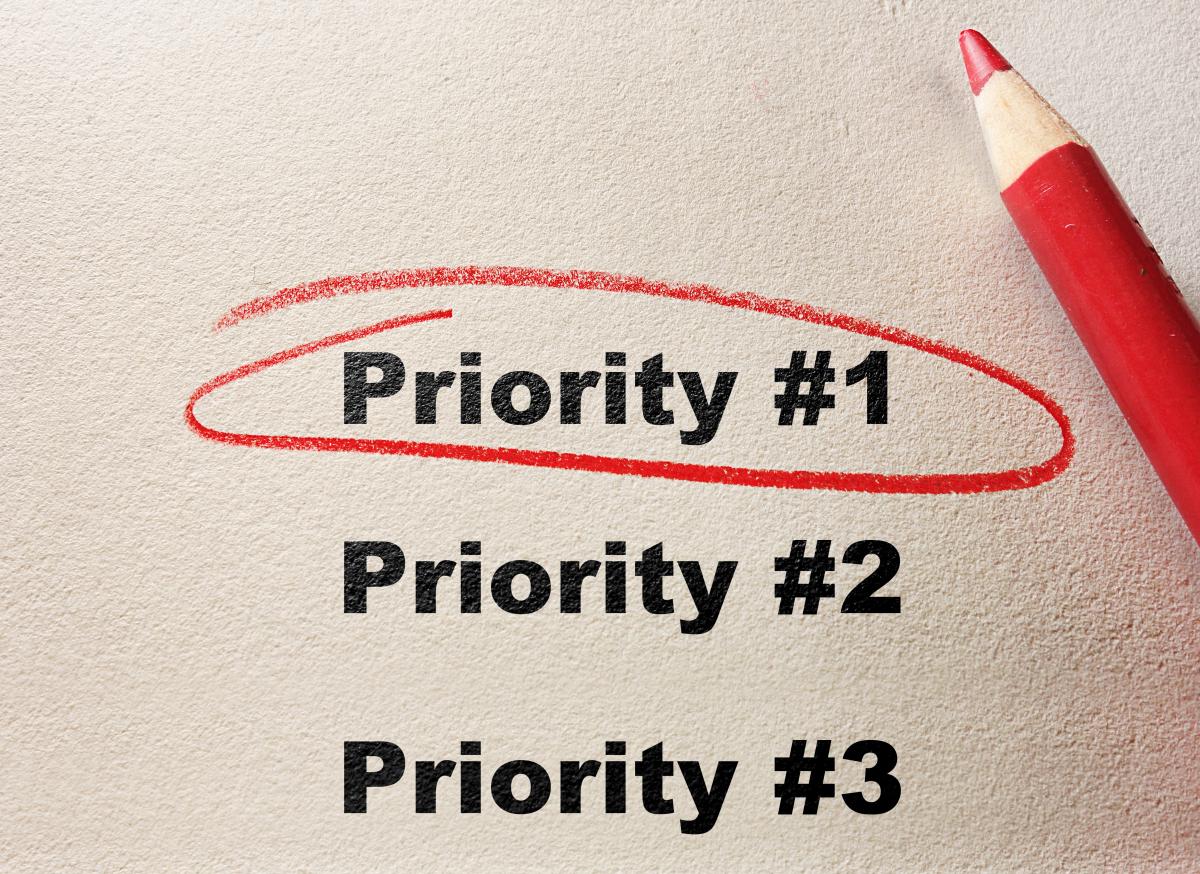
Gartner Identified the ‘Top 3 Priorities for HR in 2019’ — Address These Key Factors to Achieve Them
The analyst firm Gartner recently published a noteworthy report, “Top 3 Priorities for HR in 2019,” that we think is worth reading, thinking about and discussing.
The priorities, which Gartner identified by surveying global HR leaders, are:
- Build Critical Skills and Competencies for the Organization
- Strengthen the Current and Future Leadership Bench
- Improve the Employee Experience
We’re hearing these same priorities straight from HR executives’ mouths. Many, in fact, see them as the overarching goals for the leadership development, coaching, team development and onboarding work we do with their organizations.
Here’s a closer look at the priorities, including our thoughts on key factors—based on our experience and work with organizations—that you shouldn’t overlook when pursuing them.
Priority No. 1 — Build Critical Skills and Competencies for the Organization
Survey finding: 66% of HR leaders overall and 85% of heads of learning and development list this as a top priority.
Factors to consider:
While much of the talk regarding “critical skills and competencies” is focused on technical skills and soft skills, leadership/management skills and teamwork skills shouldn’t be neglected.
The Gartner report calls “ineffective managers … the single biggest problem today,” noting that 48% of HR leaders say their organization’s managers “are not effectively developing employees.”
Teamwork skills are actually increasing in importance and value as collaborative work becomes more prevalent. The number of work teams has doubled in five years, according to a Microsoft report, while an Institute for Corporate Productivity (i4cp) study found that companies that promoted collaborative working were five times as likely to be high performing. Additionally, data on emotional intelligence (EI) show just how important teamwork skills are on the employee level: a whopping 90% of top performers have high EI, while 58% of a worker’s job performance is based on EI.
Consider a regular review of the skills and competencies required for each of your roles. If it isn’t practical to do a complete overhaul, at least identify those competencies that are “non-negotiable” for everyone and start there. Then, help your leaders assess their teams against these competencies and build development plans to bridge the gaps.
Priority No. 2 — Strengthen the Current and Future Leadership Bench
Survey finding: 78% of talent management leaders are prioritizing building the leadership bench.
Factors to consider:
While the requirements of leaders may change—“organizations expect more than 40% of leadership roles to be significantly different within five years,” according to Gartner’s survey—today’s proven best practices for developing strong leaders will remain valuable tomorrow.
Best practices we recommend include:
- Hire against a vetted Success Profile created specifically for leaders
- Provide targeted onboarding for leaders that is specially designed to help them succeed
- Provide targeted onboarding and development for rising stars/high potentials that helps them on the path to leadership
- Offer a mentoring program, as it can give junior leaders the opportunity to advance
- Provide ongoing, impactful leadership development, such as—
- 1:1 and team coaching
- Stretch assignments
- Experiential learning
Priority No. 3 — Improve the Employee Experience
Survey finding: More than half of all HR leaders agree that improving the employee experience is a priority.
Factors to consider:
Three critical areas of the employee experience are the new-hire experience, employees’ work relationships, and how valued employees feel by the organization.
The new-hire experience: According to research conducted by the Aberdeen Group, 86% of new hires make their decision to leave or stay within the first six months. A purposeful, positive onboarding experience can “make or break” a new hire’s opinion of the organization and her decision to stay or go.
Work relationships: Employees’ relationship with their boss and their relationships with co-workers have a tremendous impact on their day-to-day happiness at work.
A Randstad survey found that 60% of respondents had left jobs or were actively considering leaving because they did not like their direct supervisors. On the other hand, 58% said that they would stay at the job with a lower salary if they could work with a “great boss.”
Unfortunately, not all leaders are competent at building solid relationships with their employees because they are overly focused on the work or are not comfortable with the communication this requires. Coaching can be a viable option for leaders who understand this is a critical part of their roles, but are challenged by actually doing it.
As for relationships with co-workers, feeling disconnected or ostracized certainly will make for bad employee experience, but research shows that close relationships make for happier, more productive employees. Gallup says it has repeatedly found “a concrete link between having a best friend at work and the amount of effort employees expend in their job. For example, women who strongly agree they have a best friend at work are more than twice as likely to be engaged (63%) compared with the women who say otherwise (29%).”
Feeling valued by the organization: Quality pay and benefits are important, but employees also want career growth and learning opportunities. A new survey by The Muse of more than 8,000 “next gen professionals,” for example, found that job seekers valued learning and growth opportunities over all other things, including compensation.
Leaders play a significant role in their employees’ work relationships and if they feel valued by the organization. We see the positive impact regularly when leaders experience the ROI on developing their “soft skills” or leadership competencies, not just their technical prowess; it pays huge dividends for organizations. After all, as the Gartner findings show, a leader’s main job is to develop and support her people so that they can perform at their best.
Interested to see how Connect the Dots Consulting can help you achieve these three key HR priorities—or other critical team and leadership development goals? Contact us at 855-316-8161 or info@connectthedotsconsulting to discuss targeted solutions for your organization.
